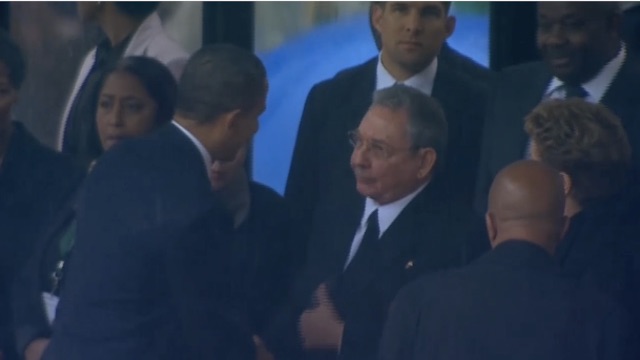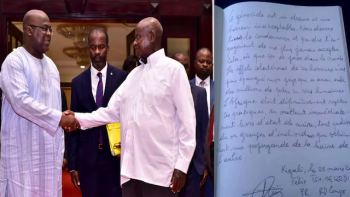On December 17, 2014, US President Barack Obama announced to the World his decision to resume some relations with Cuba, 50 years after they were cut. The Soviet leaning Fidel Castro had overthrown,
following a very effective guerrilla campaign, a brutal dictatorship supported by the United States. It was during the Cold War: the USA administration decided to isolate the Communist Cuba. In 1961, the US Government backed one of many failed invasions, known as Bay of Pigs; Then followed the Cuban missile crisis.
Despite a few cosmetic changes over the last 50 years, nothing really changed: a restrictive economic embargo, political isolation and the decision to label Cuba as a "state sponsoring terrorism". Over the years, refugees from Cuba were received in USA with open arms, while the growing Cuban-American population exerted huge influence on the US administration regarding relations with Cuba.
Even the handover of power from Fidel Castro to his brother Raoul Castro or the increasing pressure of the South american states on the US Government had lillte impact. Until Barack Obama came to power. Well before he became Presidency, Barack Obama was clear: it is better to engage your opponents than to isolate them.
On Wednesday, he said "We cannot keep doing the same thing and expect a different result," as he announced the decision to normalize the relations between the USA and Cuba, including traveling, limited trade, opening embassies and removing Cuba from the list of state sponsoring terrorism. Only the US Congress can terminate economic embargo.
Lessons For Africa.
The normalization of relations with Cuba should serve as a lesson for dictatorships and brutal regimes around the World, especially in Africa. This could be on two front. First, some regimes, at odd with the international community such as Robert Mugabe's Zimbabwe, could follow the model. Second, regimes facing armed rebellions would need to engage their respective opposition.
To get there, it appears the United States engaged on a path of painstaking secret talks and negotiations. At the end, the result is two countries, enemies for more than 50 years, now on the road towards friendship. If it is possible between the Unites States and Cuba, it is also possible between African dictatorships and their bitter enemies.

















